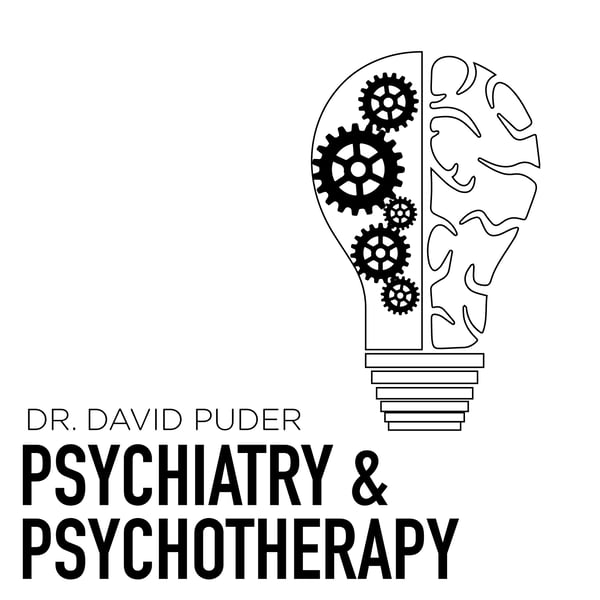An Inside Look At Eating Disorders: Anorexia, Bulimia, & Orthorexia
Psychiatry & Psychotherapy Podcast
David J Puder
4.8 • 1.3K Ratings
🗓️ 13 July 2019
⏱️ 67 minutes
🧾️ Download transcript
Summary
What is an eating disorder?
One of the most important things about anorexia and bulimia is understanding that they are caused by a complex interplay of genetics, epigenetics, early development, and current stressors. They can lead to dangerous outcomes because of how the eating disorder changes both the body and the brain. Many therapists and nutritionists, as you’ll hear in my conversation with Sarah Bradley, don’t treat from multiple angles, and often lack empathy into this condition.
There are three main types of eating disorders we will cover here:
Anorexia is the practice of cutting calories to an extreme deficit or refusing to eat.
Bulimia involves purging, or vomiting, the food that has been eaten.
Orthorexia is a fixation and obsession on eating healthy food (like only eating green vegetables with lemon juice).
Statistics:
Anorexia traditionally lasts for an average of eight years.
Bulimia traditionally lasts for an average of five years.
Approximately 46% of anorexia patients fully recover, 33% improve, and 20% remain chronically ill.
Approximately 45% of those with bulimia make a full recovery, 27% improve, and 23% continue to suffer.
Link to full episode: notes
Resource Library: here
Link to sign up for CME go: here
Member Login to do CME activity go: here
Instagram:dr.davidpuder
Twitter:@DavidPuder
Facebook: DrDavidPuder
Transcript
Click on a timestamp to play from that location
| 0:00.0 | Hello and welcome to the Psychiatry and Psychotherapy podcast, with over 32,000 mental |
| 0:14.2 | professionals listening every episode. |
| 0:17.2 | Why? |
| 0:18.2 | Because we need to stick together to survive the mental health field. |
| 0:20.8 | I'm here to talk about getting rid of burnout, increasing jobs satisfaction, and feeling |
| 0:25.5 | like an expert in what you do. |
| 0:31.8 | Today we are going to be talking with Sarah Bradley. |
| 0:34.6 | She is someone who has journeyed with different eating disorders and she's really experienced |
| 0:42.2 | a lot from different therapists and she's had experiences in psychiatry and she is, according |
| 0:49.7 | her 9 out of 10, 10 being the highest of recovery, she's 9 out of 10 out of her eating disorder |
| 0:56.4 | in her journey. |
| 0:57.9 | And so it's a pleasure to have her on today. |
| 1:00.6 | We are going to be talking about a little bit about your journey, about how to stop thinking |
| 1:06.1 | about food, about bad experiences with mental health professionals, and things that mental |
| 1:13.4 | health professionals should know when treating people with eating disorders. |
| 1:18.6 | So tell me a little bit, first of all, where did it begin for you? |
| 1:24.7 | I would probably say around age 7 or 8, I can just remember being really weird about food, |
| 1:33.4 | just really overthinking it and just feeling like I shouldn't eat and having this really |
| 1:41.8 | intense obsession with exercise at a very early age. |
| 1:46.8 | I was never focused on my body. |
| 1:49.3 | I was just felt this overwhelming urge to zone in on my diet and my exercise. |
| 1:58.5 | Hmm. |
... |
Please login to see the full transcript.
Disclaimer: The podcast and artwork embedded on this page are from David J Puder, and are the property of its owner and not affiliated with or endorsed by Tapesearch.
Generated transcripts are the property of David J Puder and are distributed freely under the Fair Use doctrine. Transcripts generated by Tapesearch are not guaranteed to be accurate.
Copyright © Tapesearch 2025.

